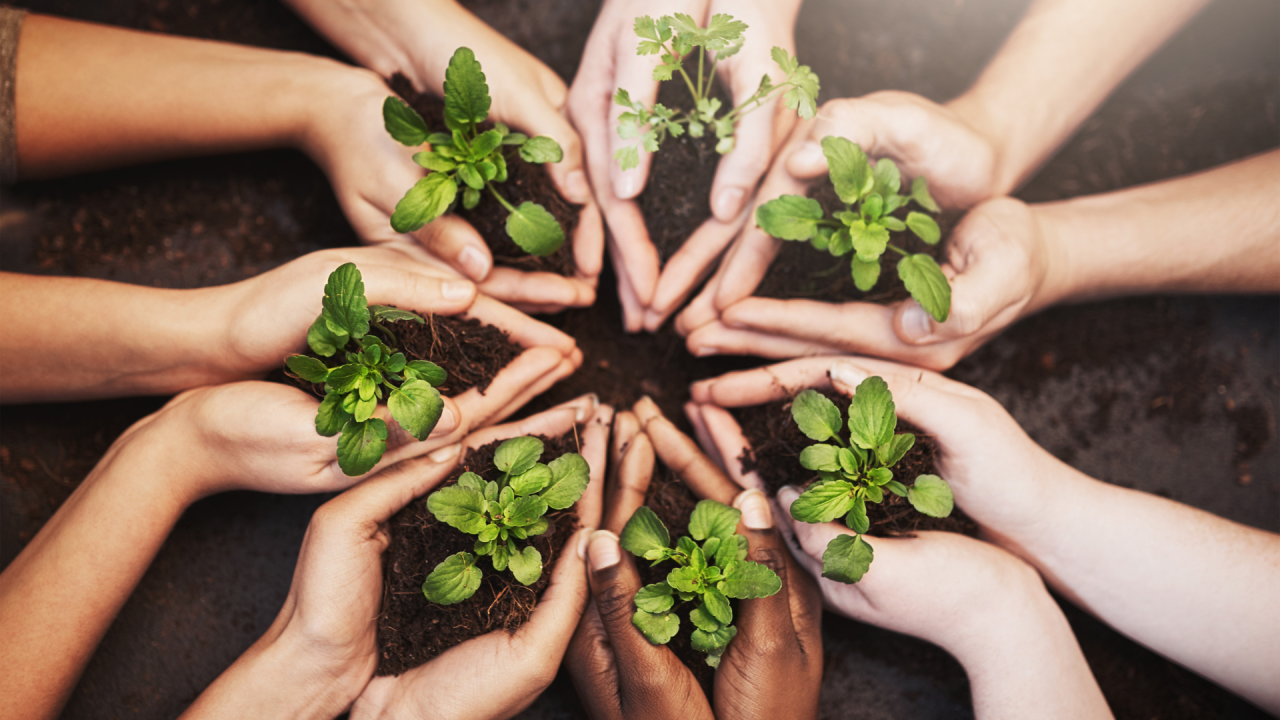In the realm of open learning, the ethos of sharing and openness serves as a guiding principle, shaping the dynamics of collaborative knowledge exchange and fostering a sense of belonging within learning communities. Reflecting on my experience within a Problem-Based Learning (PBL) group in the Open Networked Learning (ONL) community, I’ve come to realize the profound significance of belonging and shared openness in cultivating a rich and fulfilling learning environment.
From the outset, the concept of open learning transcends traditional boundaries, inviting individuals from diverse backgrounds and perspectives to converge in a space of collective exploration. Joining a PBL group within the ONL community meant stepping into a dynamic ecosystem where ideas flowed freely, and collaboration thrived. As we navigated through complex problems and co-constructed knowledge, the spirit of openness permeated every interaction, fostering an atmosphere of mutual respect and curiosity.
Central to the experience of open learning is the sense of belonging—a feeling of being valued, respected, and embraced within the learning community. Within my PBL group, this sense of belonging was palpable, manifesting in the camaraderie forged through shared challenges and triumphs. Whether brainstorming solutions or providing feedback, each member’s voice was not only heard but cherished, contributing to a collective sense of ownership and empowerment.
Moreover, the ethos of sharing lies at the heart of open learning, facilitating the dissemination of ideas, resources, and expertise across boundaries. Within our PBL group, sharing became second nature, as we exchanged insights, resources, and best practices to enhance our collective learning journey. From sharing relevant articles to co-creating multimedia presentations, each act of sharing served to enrich our understanding and strengthen our bonds as a learning community.
As I reflect on my journey within the PBL group and the broader ONL community, I am struck by the transformative power of open learning—of sharing, openness, and belonging. In a world characterized by rapid change and complexity, the ability to connect, collaborate, and co-create knowledge has never been more vital. Through embracing the principles of open learning, I am not only expanding my intellectual horizons but also forging lasting connections and finding a sense of purpose and belonging within a vibrant and inclusive learning community.

Leave a Reply